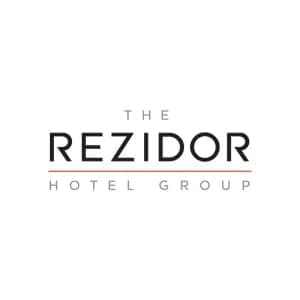 Despite the essential importance of integrity to corporate leadership, achieving integrity—and even defining it—can be a challenge. A new report from the Cornell Center for Hospitality Research (CHR) outlines several aspects of integrity, with contributions from five top hospitality industry executives.
Despite the essential importance of integrity to corporate leadership, achieving integrity—and even defining it—can be a challenge. A new report from the Cornell Center for Hospitality Research (CHR) outlines several aspects of integrity, with contributions from five top hospitality industry executives.
The report, “Executive Insights on Leader Integrity: The Credibility Challenge,” is available at no charge from the CHR. The report is written by Tony Simons, an associate professor at the School of Hotel Administration. Simons has compiled essays on integrity from Kurt Schnaubelt of Alix Partners, John Longstreet of Hospitality Leaders Group, Michele Sarkisian of P3 Advisors, Heather Allen of the WOW Factor, and Charles Feltman of Insight Coaching.
“Two key themes run through these corporate leaders’ essays,” Simons pointed out. “First, integrity is in the eye of the beholder, which means that it can be challenging for a leader to be viewed as having high integrity when various observers apply different definitions of integrity. Second, the smooth functioning of an organization depends on leaders’ credibility, which depends on integrity—from top to bottom in the form of demonstrated leadership trust in all participants. As we learn from both research and from these five executives’ essays, leadership integrity is reflected in the bottom line.”
The report also points to the importance of appropriate sharing of information throughout the organization and clearly setting an example for all participants. Vignettes that illustrate these leadership principles include Longstreet’s decision to remove his office door when he was a hotel general manager, making for a true open door policy, and Schnaubelt’s use of a Day-Timer notebook when he was a Chili’s restaurant manager. The notebook became a symbol to staff members that whenever their requests went into that book, they would happen.















